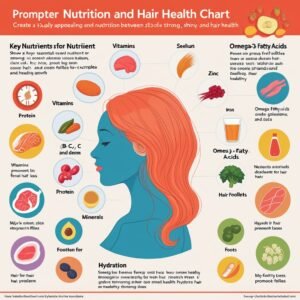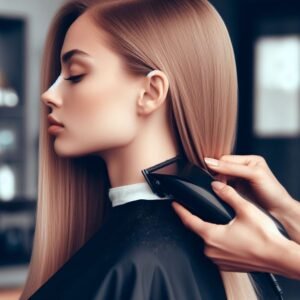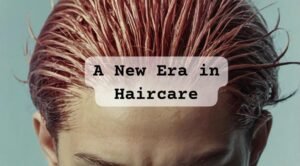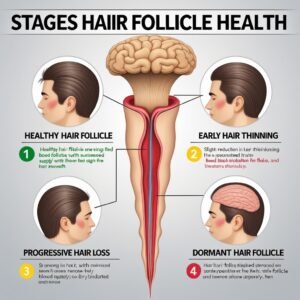how consumers choose and use products and is also igniting debates about authenticity, effectiveness, and inclusivity. Here’s a breakdown of key areas where AI is shaping the industry and the arguments surrounding it:
1. AI in Haircare:
Innovations and Applications
Personalized Hair Analysis:
AI-powered apps and tools analyze hair type, scalp condition, and hair goals to recommend customized products.
Smart Haircare Devices:
AI-driven hairdryers, straighteners, and scalp massagers adjust settings based on hair condition in real-time.
Virtual Try-Ons:
Augmented reality (AR) lets consumers see how different hair colors or styles look before committing.
AI-Backed Formulations:
Brands use AI to develop new haircare products based on consumer data, trends, and scientific research.
2. Reality vs. Hype: The Arguments haa
Effectiveness Debate:
While AI can provide tailored recommendations, some argue it oversimplifies haircare needs, ignoring lifestyle, diet, and hormonal factors.
Inclusivity Concerns:
AI models often struggle to account for the diversity of hair types, especially textured and curly hair, leading to biased recommendations.
Data Privacy Issues:
AI-driven hair diagnostics require users to upload images or share personal data, raising privacy concerns.
Authenticity of Reviews & Marketing you:
Some companies use AI-generated product reviews and influencer content, leading to skepticism about credibility.
3. The Future of AI in Haircare
Improved AI models may enhance inclusivity and personalization.
The sourcing of ingredients could be optimized and waste reduced through AI-driven sustainability initiatives. Consumer education will be key to ensuring AI in haircare is used ethically and transparently.









